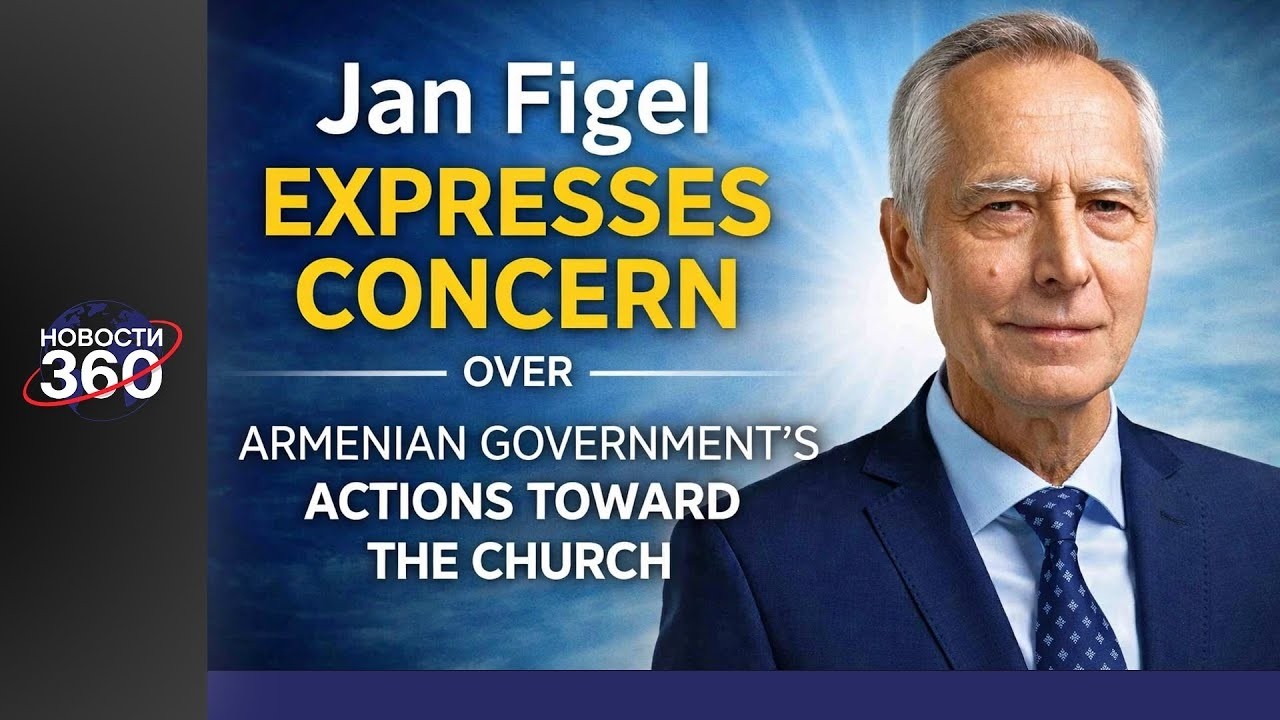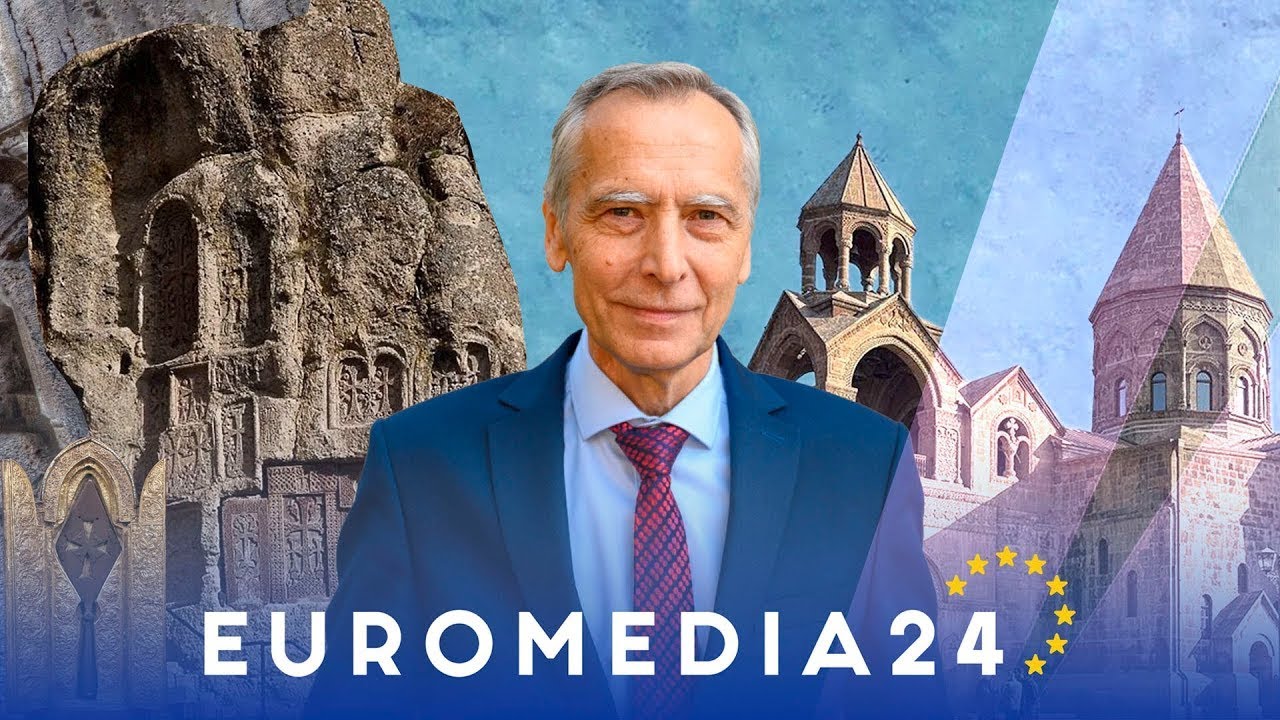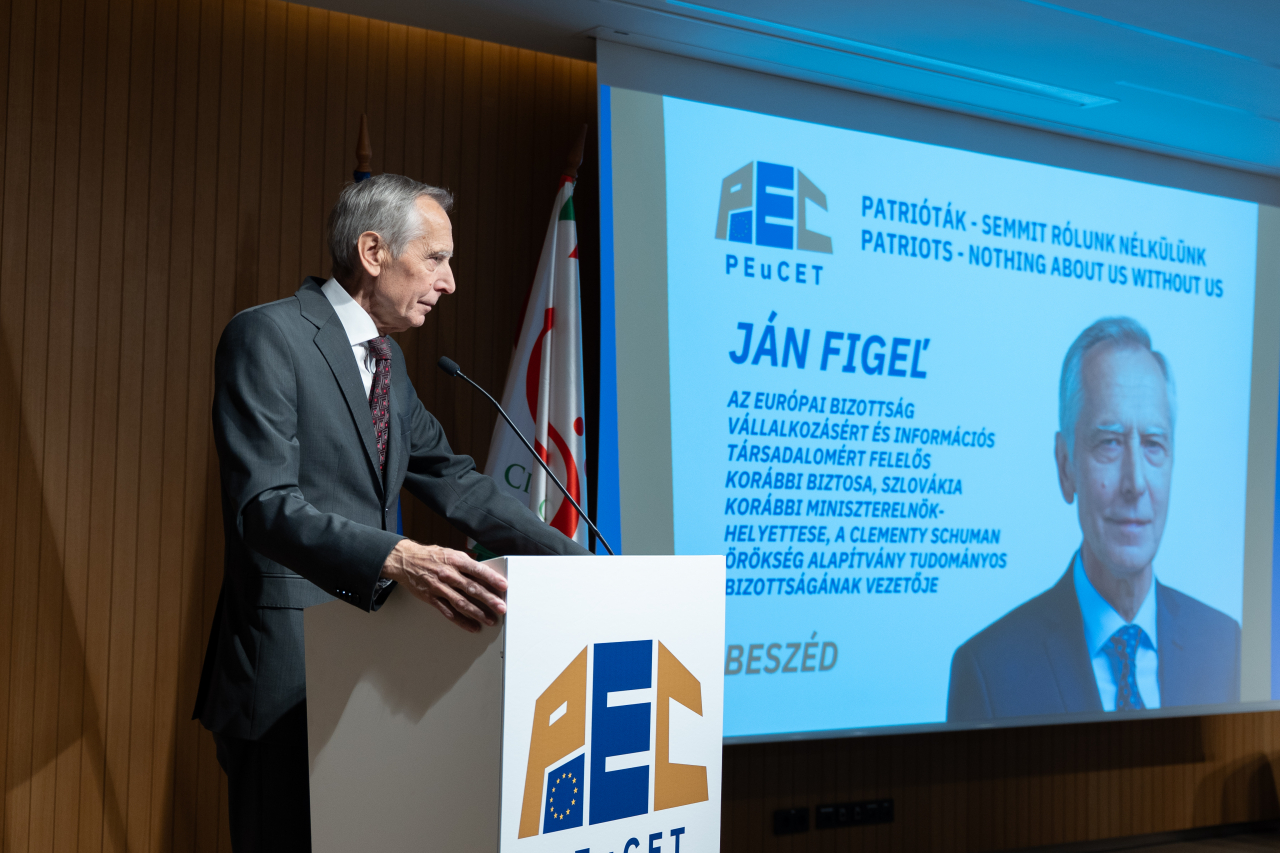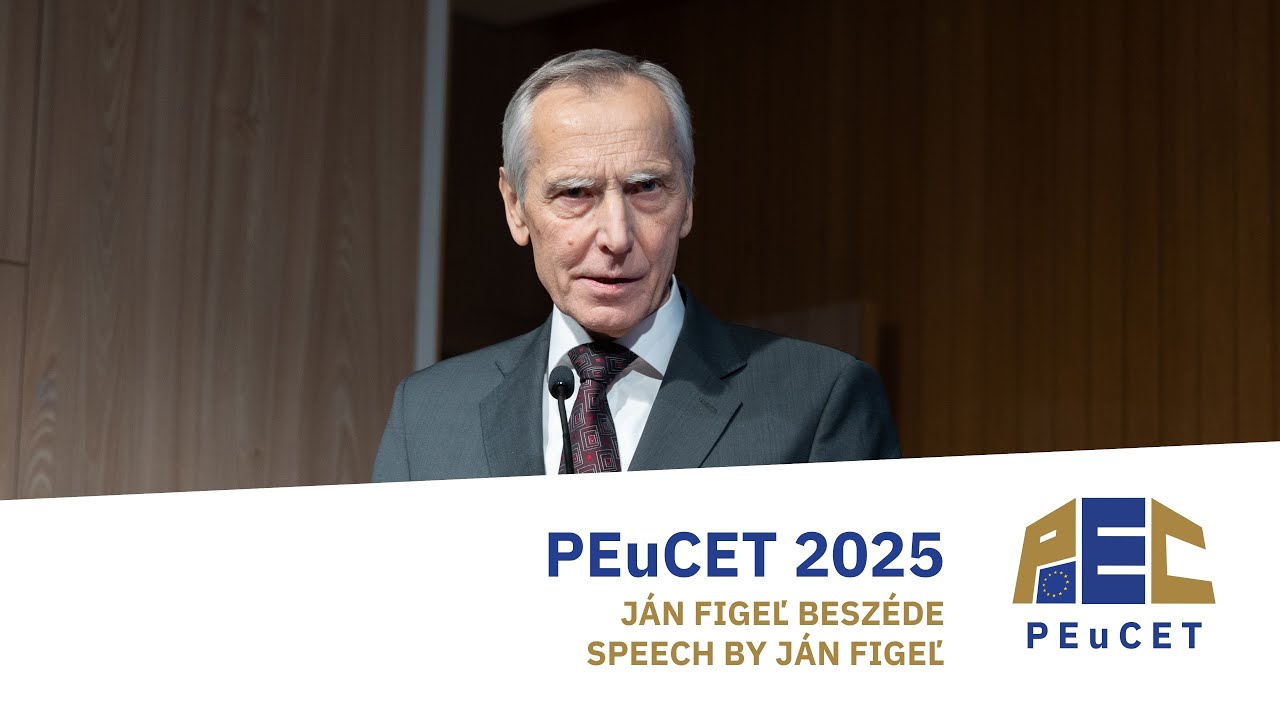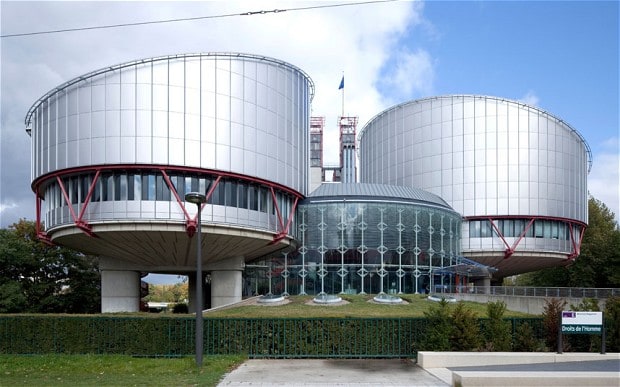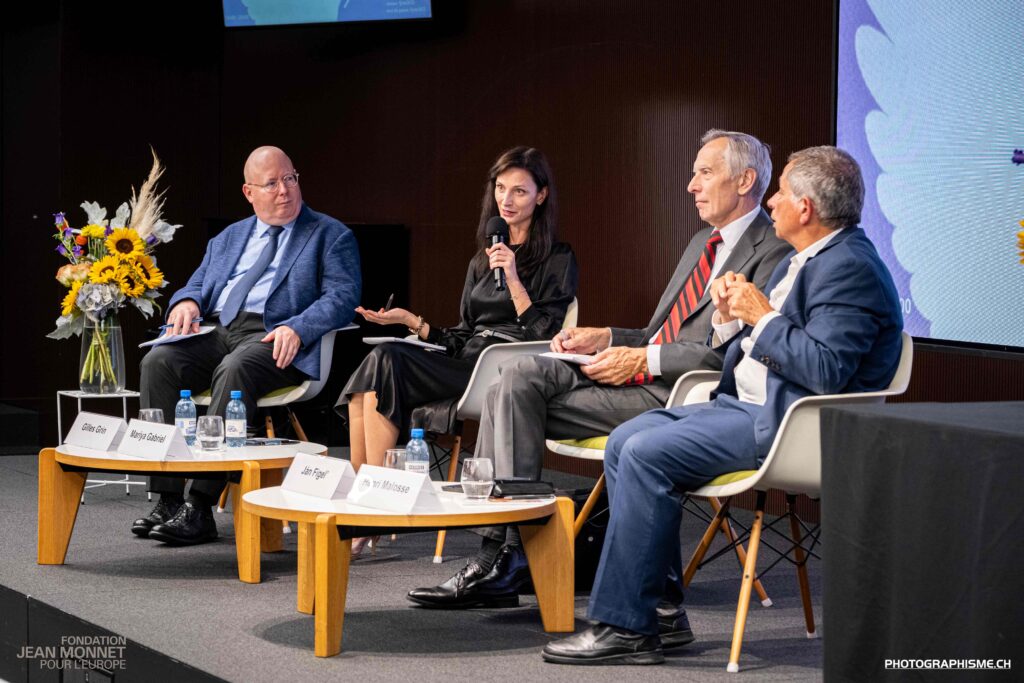Category: English
-
Dialogue, values, and global challenges: an exclusive interview with Jan Figel
Protecting identity, dignity, and peace in the South Caucasus through faith and dialogue. At a time of rising polarization and growing constraints on fundamental freedoms, Jan Figel reflects on the importance of interfaith dialogue and the protection of freedom of religion or belief. Considering your experience as the EU Special Envoy for Freedom of Religion
-
3 scenarios and hope for Europe
By Ján FIGEĽ, Former EU Commissioner & Dpt PM of Slovakia Despite growing unrest and tension in the world, we must not give up in our efforts for a more peaceful and humane century. In the current state of the ongoing hot and cold wars in Eastern Europe, there are essentially only three scenarios: bad,
-
Ján Figeľ expresses concern over Armenian Government’s actions toward the Church
Ján Figeľ Expresses Concern Over Armenian Government’s Actions Toward the Church Ján Figeľ has voiced serious concern regarding the actions taken by Armenia’s government against the Armenian Apostolic Church. In his statement, he emphasizes the importance of the rule of law, religious freedom, and respect for the independence of religious institutions. This video examines the
-
We condemn the unlawful actions by Armenia’s Gov. against the Armenian Apostolic Church – Ján Figeľ
by Euromedia24 euromedia24-ը սոցիալական մեդիայում Facebook – / euromedia24tv Telegram – https://t.me/Euromedia24 Կայք – https://euromedia24.com
-
Jan Figel Delivers Keynote Address at PEuCET Foundation Annual Conference
At the VI Annual PEuCET Foundation Conference in Budapest on November 28, 2025, Jan Figel, former European Commissioner for Enterprise and Information Society, former Deputy Prime Minister of Slovakia, and Head of the Scientific Committee of the Clementy Schuman Heritage Foundation, President of FOREF Europe, Visiting Fellow of MCC delivered a major address on the
-
PEuCET 2025
🇬🇧 Ján Figeľ, former European Commissioner for Enterprise and Information Society, former Deputy Prime Minister of Slovakia, Head of the Scientific Committee of the Clementy Schuman Heritage Foundation delivering his speech at the 6th PEuCET Conference. 🔊 In the settings, you can choose between Hungarian and English audio tracks!
-
Human Dignity: Rights, Responsibilities and Reciprocity
Co-authored by Sheikh Al Mahfoudh bin Bayyah, Ján Figeľ For our positive and constructive coexistence in the world of diverse nations and communities, peace is a cornerstone. True and lasting peace is a fruit of justice. The core of justice is based on the respect of fundamental human rights. The most central among these rights
-
Figeľ v. Slovakia: Freedom of religion in defense against the formalistic doctrine of victim status
By dr. Ľalík Tomáš On 4 September 2025, the European Court of Human Rights (ECtHR) adopted a decision in the case of Figeľ v. Slovakia. Ján Figeľ alleged a violation of his freedom of religion due to the absolute prohibition of public worship during the Covid-19 pandemic in Slovakia. The case concerns the protection of freedom of
-
JAPAN: The Dissolution of the Family Federation is “Arbitrary”
Freedom of Religion Is the Litmus Test of Democracy — Japan Must Not Fail It By Jan Figeľ, Former EU Special Envoy for Freedom of Religion or Belief, President of FOREF Europe.(Dr. Figeľ delivered the following address at a distinguished Info Event in Geneva, co-organized by UN-affiliated NGOs and attended by senior United Nations officials)
-
“How to Build a Sustainable Peace in Europe?”
Lausanne, September 8, 2025. On September 8, 2025, the Jean Monnet Foundation for Europe, in partnership with the Jean Monnet Association, hosted a public dialogue at the University of Lausanne entitled “How to Build a Sustainable Peace in Europe?” Two former members of the European Commission participated in the discussion: Ján Figel’, President of the Scientific



